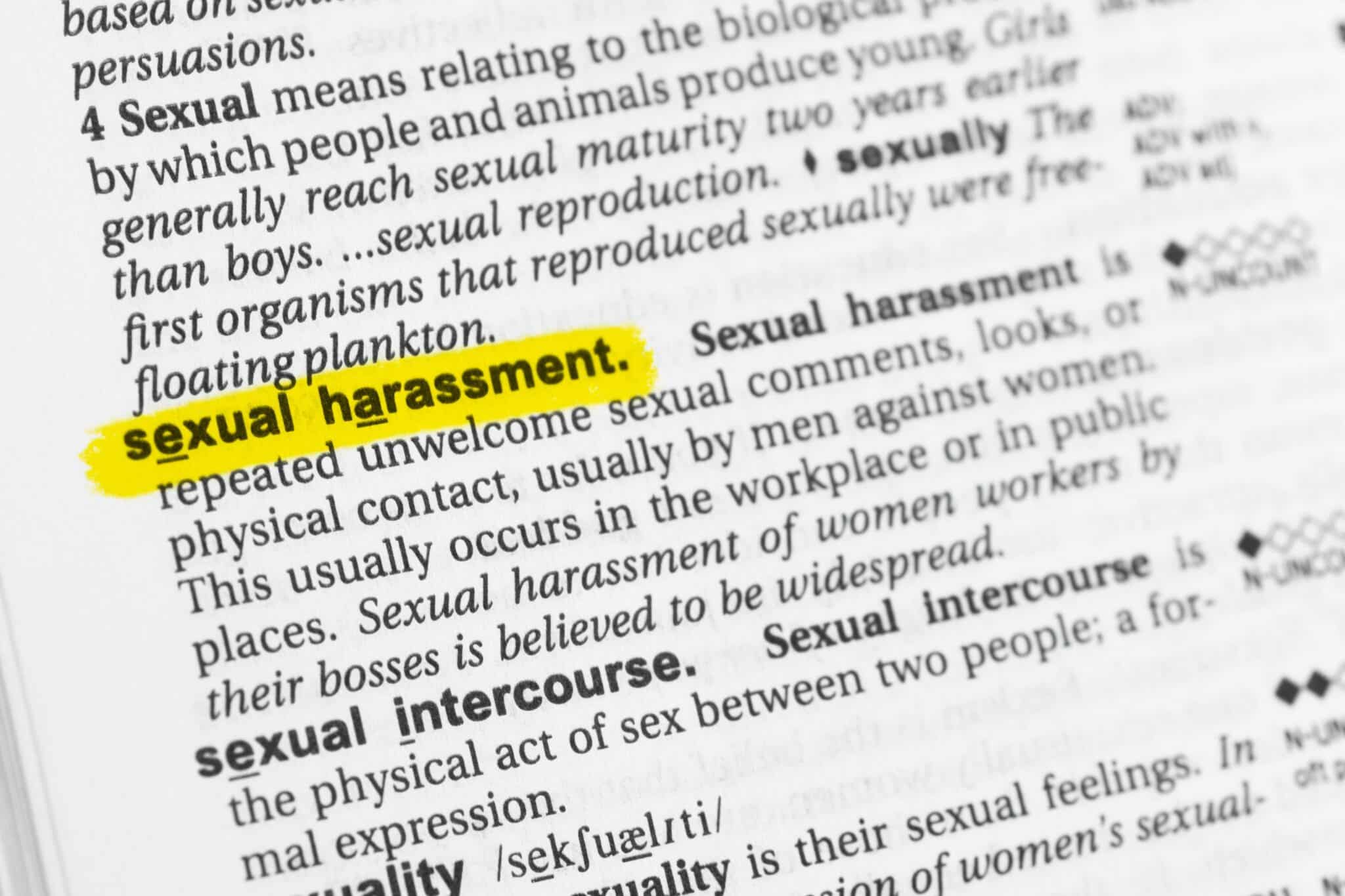Title IX Defense Strategies in Chicago
Title IX, a federal law prohibiting sex-based discrimination in educational institutions, is crucial in ensuring gender equality on campuses. Implementing Title IX can be complex and challenging for educational institutions and individuals involved in investigations. In Chicago, as in other cities, students and faculty facing Title IX investigations need effective defense strategies to protect their rights.
Understanding Title IX
Title IX was enacted as part of the Education Amendments of 1972 to prevent discrimination based on sex in any educational program or activity receiving federal financial assistance. It covers various issues, including sexual harassment, sexual assault, and gender-based violence. Under Title IX, educational institutions are required to promptly and appropriately respond to allegations of sexual misconduct, ensure a fair process, and provide supportive measures for all parties involved.
Defense Strategies in Title IX Cases
Seek Legal Representation: When facing a Title IX investigation in Chicago, consulting an experienced attorney specializing in Title IX cases is crucial. Title IX cases involve complex legal and procedural considerations, and having a knowledgeable attorney by your side can make a significant difference. An attorney familiar with Title IX regulations and the Chicago educational system can guide you through the process, provide expert advice, and protect your rights.
Gather Evidence: Building a solid defense requires collecting evidence to support your case. Your attorney can help you gather relevant evidence to establish your innocence or cast doubt on the allegations against you. This may include text messages, emails, social media posts, or any other forms of communication that can provide important context or counter the accuser’s claims.

Witness statements or testimonies from individuals who have relevant information or were present during the alleged incident can strengthen your defense. Working closely with your attorney to identify and obtain all the necessary evidence to help challenge the allegations against you is crucial.
Challenge Credibility: In Title IX cases, credibility plays a significant role. Your defense strategy may involve challenging the accuser’s credibility by questioning their motives, credibility, or inconsistencies in their statements. Your attorney will thoroughly review the accuser’s statements, interviews, and available evidence to identify discrepancies or contradictions. They may also explore the accuser’s history or past behavior to establish a pattern that may impact their credibility.
An attorney may scrutinize any witnesses or individuals involved in the investigation to identify potential biases, conflicting interests, or inconsistencies in their testimonies. By effectively challenging the credibility of the accuser and other parties involved, you can weaken the strength of the allegations against you.
Ensure Procedural Fairness: It is essential to ensure that the Title IX investigation follows the established procedures outlined by the educational institution and adheres to fundamental principles of due process. Your attorney will closely monitor the investigation to ensure that your rights are protected throughout the process. This includes timely notice of the allegations, access to all relevant evidence, the opportunity to present your side of the story, and the ability to cross-examine witnesses. Your attorney will ensure that you are treated fairly, that the investigation proceeds neutrally, and that any biases or procedural errors are addressed.
Mitigate Penalties: If the investigation concludes with findings against you, your defense strategy can focus on mitigating the potential penalties. Your attorney will work to present a comprehensive picture of your character, past conduct, and any extenuating circumstances that may affect the outcome. They may gather evidence of your good standing within the educational institution, testimonials from colleagues or mentors, or evidence of your positive contributions to the community.
You can influence the disciplinary decision toward a more lenient outcome by highlighting your positive attributes and demonstrating that the alleged conduct is out of character or not representative of who you are.
Appeal Process: In the event of an unfavorable outcome, it is crucial to understand the appeal process available within the educational institution. Your defense strategy may involve challenging the findings or procedures of the investigation through an appeal.

An attorney can review the investigative process, identify any procedural errors or biases that may have influenced the outcome, and determine if there are grounds for appeal. They can guide you through the appeals process, help prepare the necessary documentation, and present arguments demonstrating the errors or injustices during the initial investigation.
Title IX investigations can be complex and overwhelming, but individuals in Chicago facing such investigations have several defense strategies at their disposal. By seeking legal representation, gathering evidence, challenging credibility, ensuring procedural fairness, and utilizing the appeal process if necessary, individuals can navigate the Title IX process and strive for a fair outcome.
About the Author:
Andrew M. Weisberg is a former felony prosecutor who now serves as a defense attorney in the greater Chicago area. He has extensive experience handling all types of criminal cases, from sex offenses and domestic violence to retail theft-related crimes, murder, and drug crimes. His work has been recognized by Avvo, Expertise, National Trial Lawyers, and others, and he has been featured on countless news outlets for his experience and knowledge in criminal law.







 Blog Home
Blog Home 










